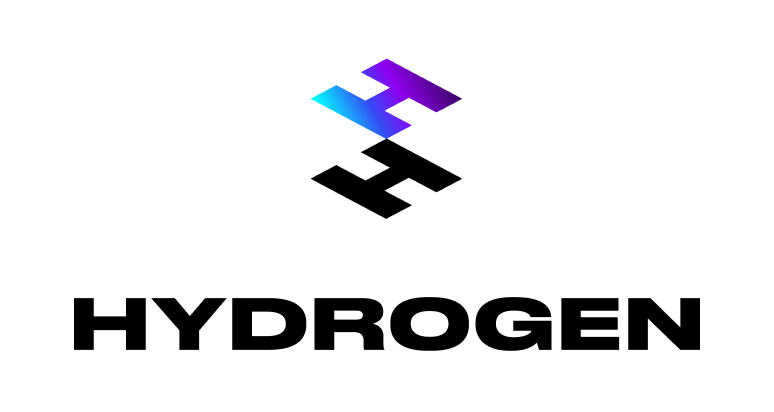
In the rapidly evolving world of e-commerce, businesses need to be agile and adaptable to keep up with changing customer demands and market trends. The traditional monolithic approach to e-commerce platforms has given way to more flexible and modular solutions like headless commerce and composable commerce. With the introduction of Shopify Hydrogen, Shopify Plus merchants can now enjoy a more versatile and customizable e-commerce platform. In this blog post, we will explore the benefits of adopting a headless or composable commerce stack and how Shopify Hydrogen can make it more approachable for merchants who feel they have outgrown the capabilities of Shopify’s Online Store 2.0.
Headless commerce and composable commerce both provide greater flexibility, scalability, and customization compared to traditional e-commerce platforms. By decoupling the front-end and back-end systems, headless commerce allows businesses to create unique and tailored customer experiences without impacting the core e-commerce functionality. Composable commerce takes this concept further by breaking down the entire e-commerce stack into modular components that can be assembled, reassembled, and optimized according to the specific needs of a business (1).
Shopify's Approach with Hydrogen
Shopify has made headless and composable commerce more accessible for merchants with the introduction of its Hydrogen framework. Hydrogen simplifies the process of building custom, fast, and scalable storefronts by providing a set of pre-built components and tools designed specifically for e-commerce (2).
The framework allows developers to create bespoke shopping experiences without having to worry about complex infrastructure management, as Shopify handles most of the
back-end processes (3).
Five Benefits of Adopting a Headless Storefront on Shopify Hydrogen
While Shopify’s Online Store 2.0 may cater to the majority of merchants, those who require greater customization, flexibility, and scalability should consider adopting a headless or composable commerce stack. Shopify Hydrogen makes this transition approachable by providing a robust framework and consolidating much of the infrastructure management that merchants would prefer to have managed by a third party. With Hydrogen, merchants can build a tailored, high-performing, and scalable e-commerce solution that can adapt to the ever-changing landscape of the industry.
Get monthly insights, case studies, and bold ideas from the front line of digital commerce & CX.